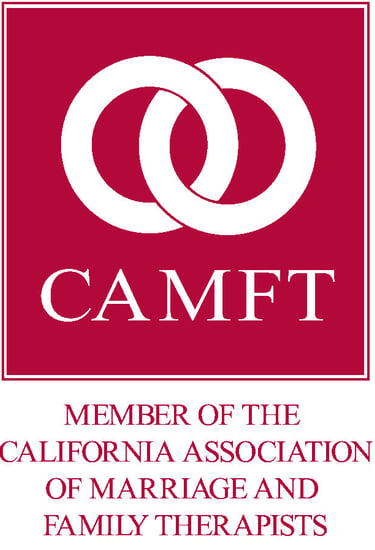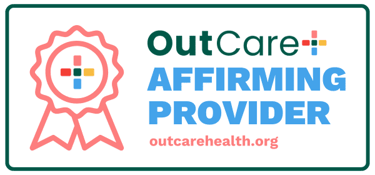Restoring What Was Broken: Family Healing After Immigration Trauma
Not all grief is treated equally. This post explores the impact of family separation & immigration trauma & the possibility of healing through relationship.
IMMIGRATIONPSYCHOTHERAPY ATTACHMENT THEORYTRAUMA


The Lasting Impact of Family Separation — and the Hope for Healing
At the core of every child's well-being is the simple, profound need to feel safe and connected to their caregivers. When that bond is broken — especially suddenly and without explanation — the impact can leave deep, lasting wounds.
A recent study by Karen Jones-Mason, Vilma Reyes, Monica Noriega, and Alicia F. Lieberman — "Parent-Child Border Separation and the Road to Repair: Addressing a Global Refugee Phenomenon" — published in Attachment & Human Development, sheds light on just how devastating family separation can be. Drawing from decades of studies on attachment, trauma, and child development, the authors remind us that abrupt separations disrupt not only a child’s emotional world but also their physical health, stress regulation, and even cellular development. Without the steady presence of a trusted caregiver, a child's body and mind can remain in a heightened state of fear, making healing all the more urgent — and all the more possible.
Family Separation: A Painful Legacy that Continues
Between 2017 and 2021, thousands of children were forcibly separated from their parents at the U.S. southern border. Tragically, more than 1,000 children still have not been reunited with their families.
Even today, immigration policies continue to make life precarious for vulnerable families. Under the current administration, practices such as rapid deportations, tightened asylum restrictions, and prolonged detentions have forced many families into heartbreaking realities and decisions — including sending children alone across dangerous borders in the desperate hope of safety.
And yet, too often, the suffering of these families remains unseen. Philosopher Judith Butler reminds us that not all grief is treated equally: in our society, some lives are recognized as grievable, while others are rendered invisible. When we fail to acknowledge the pain of those at our borders — when their losses are minimized or ignored — we deepen the very wounds that family separation inflicts.
How Separation Impacts Children — and Their Health
The research shows that the trauma of separation doesn’t simply fade with time. Children who lose their primary source of safety often experience:
Sleep difficulties
Anxiety and depression
Trouble trusting others
Heightened physical stress responses
Long-term impacts on physical health
Even at the cellular level, toxic stress from separation can leave biological imprints. The experience of forced separation can shape a child's emotional and physical health for years — or even decades — to come.
The Power of Healing Through Relationship
And yet, there is hope.
Child-Parent Psychotherapy (CPP), an evidence-based and relationship-centered therapy, has shown incredible promise in helping families heal. CPP gently supports children and caregivers in rebuilding the trust that trauma has damaged. Through play, storytelling, and attuned connection, families rediscover a sense of safety — together.
One story shared in the research article told of Joaquin, a young boy who, after separation from his mother, struggled with fear, anger, and sleeplessness. Over time, through the tender work of CPP, Joaquin and his mother found ways to reconnect, making sense of the pain they endured and slowly creating space for healing.
Grieving Together, Healing Together
Part of healing is honoring grief — especially the grief that society tries to ignore. Every family torn apart deserves to have their pain witnessed, not erased. Every child deserves to be seen, heard, and held in their full humanity.
When we make room for mourning — when we acknowledge the injustice and the suffering — we begin to create the conditions for true repair.
Healing Is Possible
Healing after profound loss and separation is never easy. But it is possible. The human spirit, especially when held in the warmth of safe, loving relationships, is remarkably resilient.
If your family — or a family you know — has been impacted by immigration-related trauma, please know that you are not alone. Several organizations provide Child-Parent Psychotherapy, including One Life Counseling Services.
Research Cited:
Karen Jones-Mason, Vilma Reyes, Monica Noriega, & Alicia F. Lieberman (2024). Parent-Child Border Separation and the Road to Repair: Addressing a Global Refugee Phenomenon. Attachment & Human Development. https://doi.org/10.1080/14616734.2024.2401928





